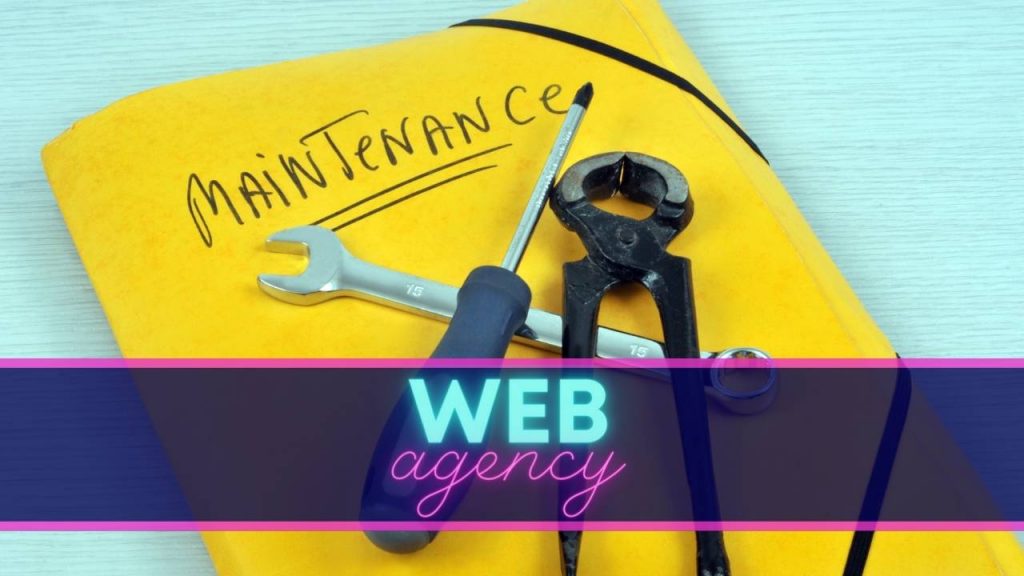WordPress is one of the world’s most popular CMS, with millions of websites using its platform. However, like any other website, WordPress sites need regular maintenance to run optimally and stay up to date. In this article, we’re going to give you some practical tips for maintaining your WordPress site, to keep it secure, performing well and relevant to your visitors. Whether you’re a WordPress beginner or expert, you’ll find all the information you need to successfully maintain your website here.
Why is site maintenance important for WordPress?
Site maintenance is important for WordPress for several reasons:
Security
WordPress is a popular platform often targeted by hackers. By performing regular security updates and using tools to detect and remove malware, you can reduce the risk of hacking and protect your data and that of your visitors.
Performance
A poorly maintained WordPress site can significantly slow down site performance. By removing unnecessary plugins, cleaning up the database and optimizing images, you can improve your website’s load times and deliver a faster, more enjoyable user experience.
SEO
Search engines place great importance on website loading speed and security. By keeping your WordPress website up to date, you can improve its ranking in search results and attract more qualified visitors to your site.
How to do site maintenance with WordPress ?
Here are the essential steps for doing WordPress site maintenance:
Save your website
Before making any major changes to your WordPress site, it’s important to back up your entire site, including the database. That way, if something goes wrong, you can easily restore your site to its previous state.
Update WordPress and plugins
Updates to WordPress and its plugins are important for maintaining the security and performance of your site. Be sure to check for updates regularly and install them as soon as they become available.
Manage spam comments
Spam comments can slow down your site’s performance and affect the quality of the user experience. Use tools to manage spam comments and delete them regularly to maintain the quality of your site.
Clean up the database
Your WordPress site’s database may contain unnecessary elements that affect your site’s performance. Clean up the database regularly by deleting unnecessary data, such as post revisions and pending comments.
Optimize images and files
Large images and files can slow down your site’s performance. Optimize images by compressing them to reduce their size, and remove unnecessary files to improve your site’s loading speed.
Test the website
Before publishing any new changes to your WordPress site, be sure to test the site for any issues. Check the site on different platforms, browsers and devices to make sure it’s accessible to all visitors.
What tools make website maintenance easier with WordPress?
There are several tools to make website maintenance easier with WordPress, here are a few examples:
Plugins to back up your site
There are many plugins for backing up your WordPress site. Some of the most popular include UpdraftPlus, BackupBuddy and WPvivid Backup Plugin. These plugins allow you to easily back up your WordPress site and restore it in the event of a problem.
Extensions to manage WordPress updates
It’s important to keep WordPress and its plugins up to date to guarantee the security and performance of your site. Plugins such as Easy Updates Manager and WP Updates Settings make it easy to manage updates to your WordPress site.
Plugins to clean up the database
The database on your WordPress site can become cluttered with unnecessary elements. These elements affect your site’s performance. To improve your site’s performance, you can use plugins such as WP-Optimize and WP-Sweep. They allow you to easily clean up the database.
Extensions for optimizing images and files
Large images and files can slow down your site’s performance. Plugins such as Smush and EWWW Image Optimizer let you easily optimize images by compressing them. You can also delete unnecessary files to improve your site’s loading speed.









